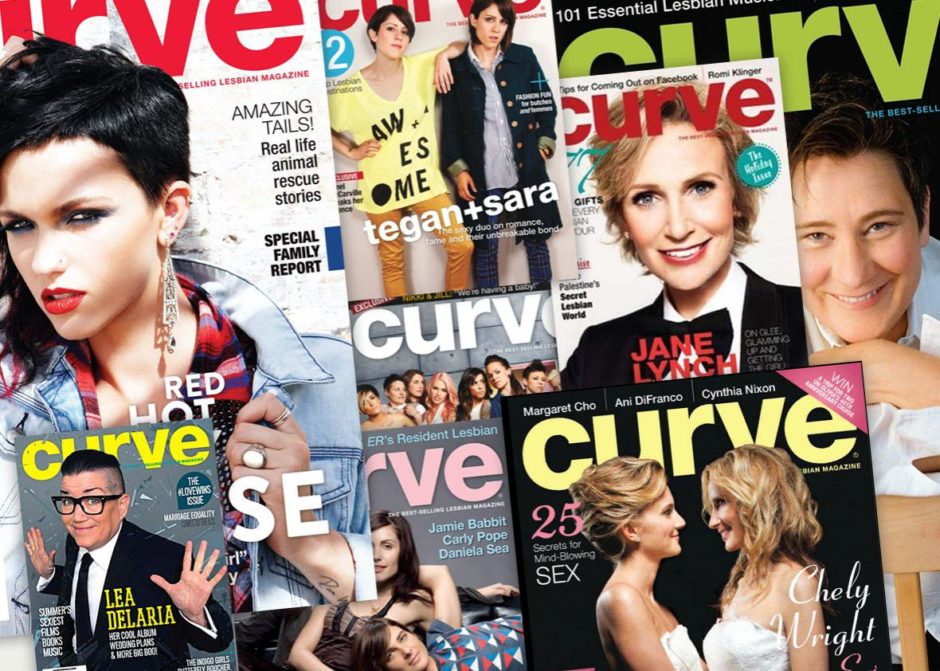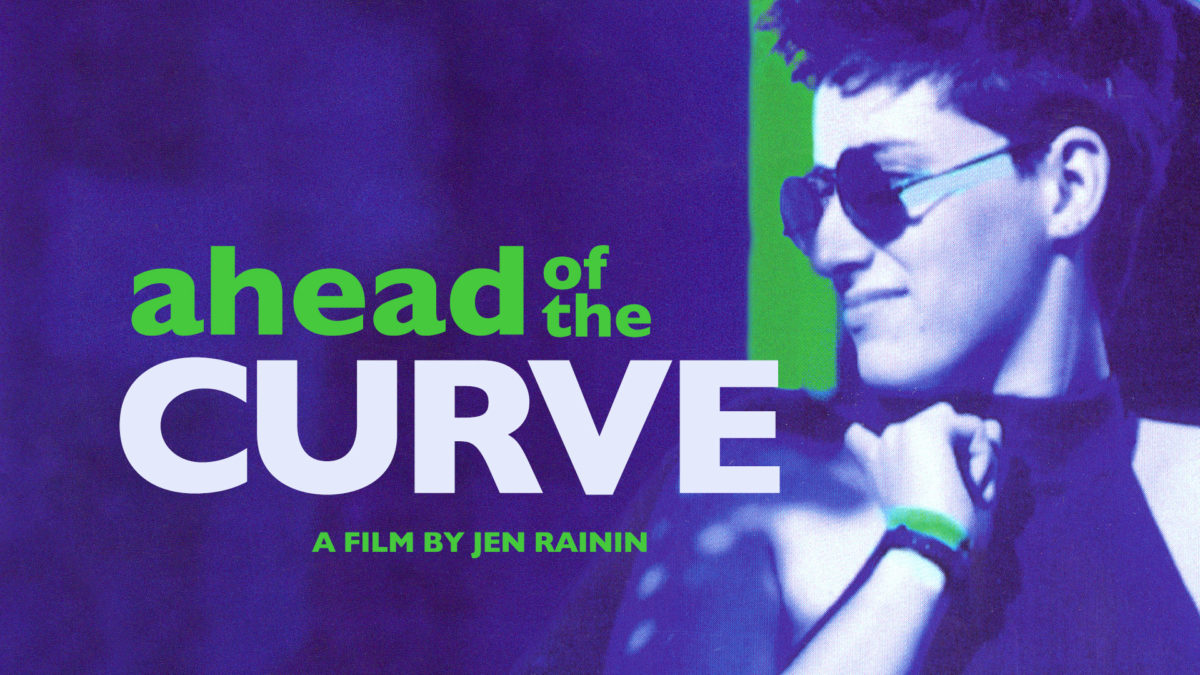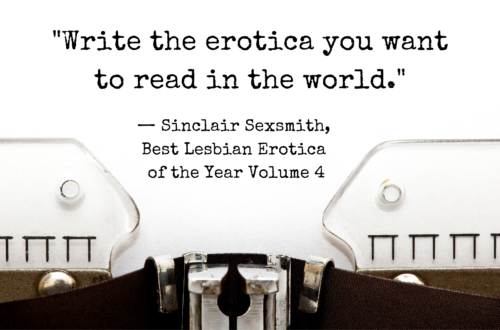This site contains explicit writings on kink practices, dominant/submissive relationships, and queer kink erotica (among other things). All characters in role play or non-consent scenes are consenting adults. Content warnings are included.
“With a fist full of credit cards, a lucky run at the horse track, and chutzpah for days, Franco Stevens launched Curve, the best-selling lesbian magazine ever published. AHEAD OF THE CURVE tracks the power of lesbian visibility and community from the early ‘90s to the present day through the story of Franco’s founding of Curve magazine. Decades later, in the wake of a disabling injury, Franco learns that Curve will fold within the year and questions the relevance of the magazine in the face of accelerating threats to LGBTQ+ community. To forge a path forward, Franco reaches out to women working in today’s queer spaces to understand what queer women need today and how Curve can continue to serve the community.”
That’s the description of the new documentary Ahead of the Curve, which has been playing in queer film festivals this year. Here’s the trailer:
I watched it through the Frameline Film Festival last month.
It follows how Franco started the magazine — literally betting on racehorses! — then called Deneuve, though it was eventually sued by Catherine Deneuve in 1996 and they changed the name to Curve. Curve became THE lesbian glossy magazine through the 90s, with all kinds of major celesbians on the cover, and reporting on a wide range of gay news, activism, and visibility. It eventually changed owners in 2010.
It was interesting to see the conversation about the word lesbian in the film especially — y’all know how much I like identity evolution and theory. They asked the question of whether “lesbian” is even a relevant term anymore, or if we have moved on from it.
It’s true that most of the folks I know favor the word “queer” over “lesbian”, so I can see how that question comes up. However, lesbian is still the most widely accepted word for queer women specifically, and that identity is still marginalized and sometimes feels invisible within the larger LGBTQIA+ communities. For many, it’s just the exact right word, and that’s valuable.
While Curve Magazine specifically often felt way more mainstream than my particular experience of queerness and butchness, it was a major source of lesbian information for me as I was coming out, and I value the magazine as a piece of queer history. I’m curious to see how it continues to evolve as a media source.
Check out CurveMagMovie.com for the screenings — there are a few more coming up.





